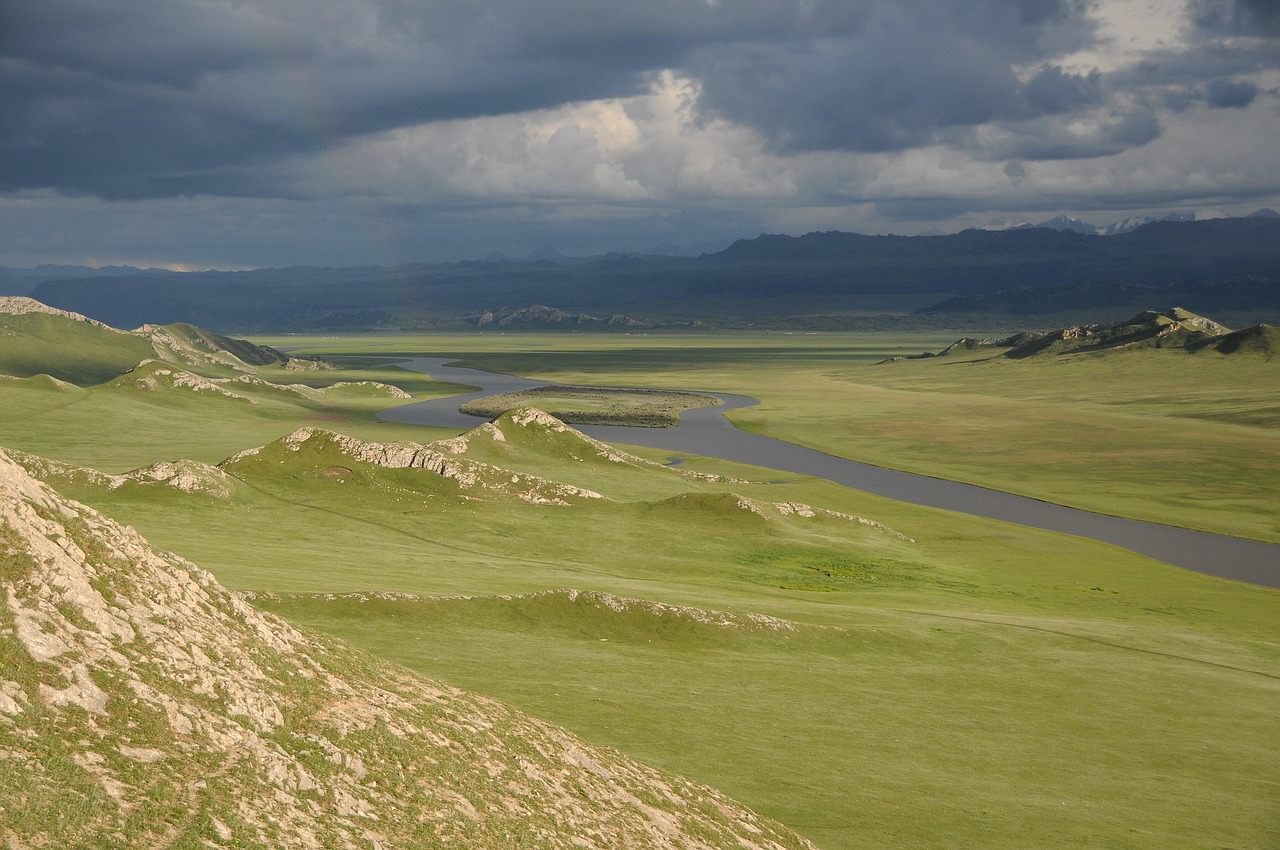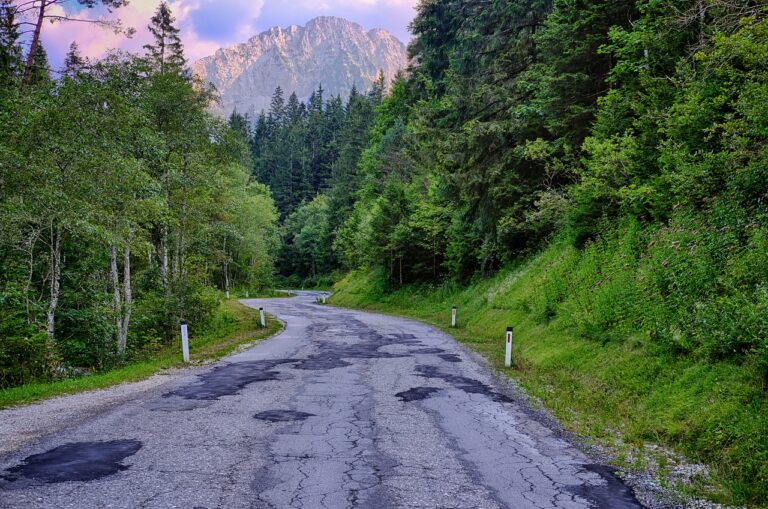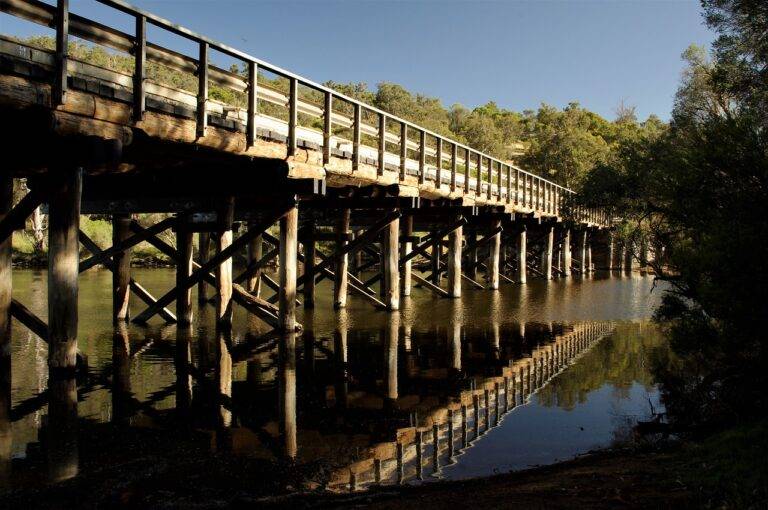Wildlife Tourism: Responsible Encounters with Earth’s Magnificent Creatures
When planning a wildlife tourism trip, it’s crucial to do thorough research to ensure that you are supporting ethical and responsible practices. Look for tour operators and accommodations that prioritize animal welfare and conservation efforts. Avoid attractions that promote unnatural interactions with wildlife or exploit animals for entertainment purposes. Instead, opt for experiences that focus on observing animals in their natural habitats without causing disturbance or harm.
Consider the impact of your visit on the environment and local communities. Choose eco-friendly tour operators that strive to minimize their carbon footprint and support the preservation of natural habitats. Respect the wildlife by maintaining a safe distance, following designated trails, and adhering to guidelines set by conservation organizations. By being mindful of your actions and choices, you can contribute to the protection of wildlife and help ensure a sustainable future for generations to come.
Understanding the Impact of Wildlife Tourism on Conservation Efforts
Engaging in wildlife tourism can have both positive and negative impacts on conservation efforts. On one hand, responsible wildlife tourism can contribute to the protection and preservation of wildlife and their habitats. By providing ecotourism opportunities, it creates economic incentives for local communities to conserve their natural resources and wildlife populations. This can lead to the establishment of protected areas, better enforcement of laws against poaching, and increased public awareness about the importance of conservation.
However, wildlife tourism can also have detrimental effects on conservation efforts if not managed properly. Overcrowding, habitat destruction, pollution, and disturbance to wildlife are some of the negative consequences that can arise from irresponsible tourism practices. Additionally, the demand for wildlife encounters can lead to exploitation of animals through activities like captive breeding, unethical handling, and forced interactions for the sake of tourist entertainment. It is crucial for stakeholders in the tourism industry to prioritize sustainable practices that prioritize the well-being of wildlife and contribute to long-term conservation goals.
How can wildlife tourism impact conservation efforts?
Wildlife tourism can have both positive and negative impacts on conservation efforts. Positive impacts include raising awareness about the importance of conservation, funding conservation projects through entrance fees and donations, and providing economic incentives for local communities to protect wildlife habitats. However, negative impacts can include disturbance to wildlife, habitat destruction, and exploitation of animals for entertainment.
What should I consider before participating in wildlife tourism?
Before participating in wildlife tourism, consider the ethical implications of the activities you will be engaging in. Make sure that the tour operators and facilities you support have responsible practices in place that prioritize the well-being of the animals and their habitats. Research the impact of tourism on the local wildlife population and choose activities that minimize disturbance to their natural behaviors.
How can I ensure that my wildlife tourism experience is responsible?
To ensure that your wildlife tourism experience is responsible, research the tour operators and facilities you plan to visit. Look for certifications or affiliations with conservation organizations that promote ethical and sustainable practices. Choose activities that prioritize the well-being of the animals and their habitats, and avoid any that involve exploitation or harm to wildlife.
What can I do to support conservation efforts while participating in wildlife tourism?
To support conservation efforts while participating in wildlife tourism, consider making donations to reputable conservation organizations that work to protect wildlife and their habitats. Choose tour operators and facilities that contribute a portion of their profits to conservation projects, and advocate for responsible tourism practices by sharing your experiences with others and raising awareness about the importance of conservation.





